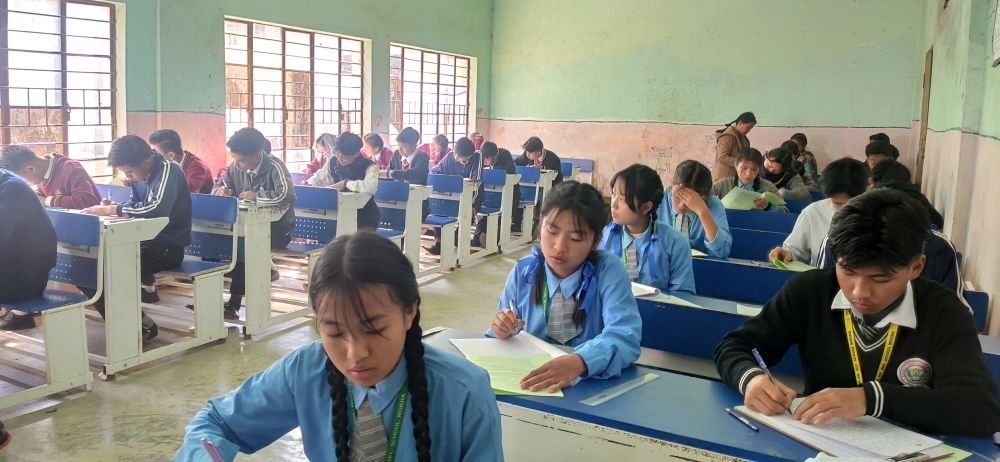
Morung Express News
Gangtok | September 7
Is health reporting still news worthy? “No it isn’t,” said a leading media personality from the North East today. Karma Paljor, the consulting editor of CNN New 18 was speaking at the media sensitisation workshop, organised by Public Health Foundation of India (PFHI) here today at Hotel Heritage, Gangtok, Sikkim.
Palhor said that in television, health is the least debated subject and often health stories are sidelined. Health reporters are relegated especially in electronic media to fixed appointment for the higher ups, he said.
He further stated that TV has killed reporting, and rued the deficit of good reporting. For both print and electronic media, most health issues are neglected unless it is politically sensitive, he noted, citing the example of the recent Gorakhpur incident.
However, he said the problems arise because the media are mostly engaged in event reporting, while lacking a holistic approach.
Are we asking the right questions? Paljor questioned, stressing on the need to ask how, when and why, instead of mere event reporting.
He further stressed on the need for a built in system to fight the fake news syndrome and other challenges. This is important in the context of health, as too many news about it are spread in social media, he said. Paljor further said that it is the responsibility of the media to present issues holistically.
He meanwhile also stated that social media must become a vital part of any media organisation and emphasized on packaging reports to suit diverse audiences.
Don’t get stuck with the data, humanise the story, was the advice of Subhojit Sengupta, Associate Editor, Network18. “Bring in the human element to connect with the audience,” he added.
In the context of health reportage, he said that the reporting must go beyond hospital report. For example, reports on anganwadi works, the last chain in health service delivery in India could offer many perspectives, Sengupta said.
Break down the jargons, he further said to both media personnel and researchers gathered, and stressed that in the end, any news or report should be disseminated easily to the public.
Member of Parliament, Sikkim, PD Rai further augmented Paljor’s view and said that even in the parliament, health issues seldom get attention from the legislators, unless it is politically sensitive.
Amit Patro, Editor Sikkim Express exhorted the media persons to report beyond hospitals and highlight public health issues in a more holistic and sensitive way.
All panellists in the workshop meanwhile concurred that digital presence through various mediums is vital for survival as well as wider audiences, especially the print media.
The world has moved from print to TV to digital platform, the news media must also grow both vertically and horizontally by integrating all the news, they agreed. This would not only create awareness but lead to further interest in different health issues.
In finding linkage between the information seeker, listener and communicator, the newspapers and media can act as the catalyst, concluded Dr. Bamin Tada, Director Regional Research Centre MoHFW for North -East States.


.jpg)
.jpg)
.jpg)
